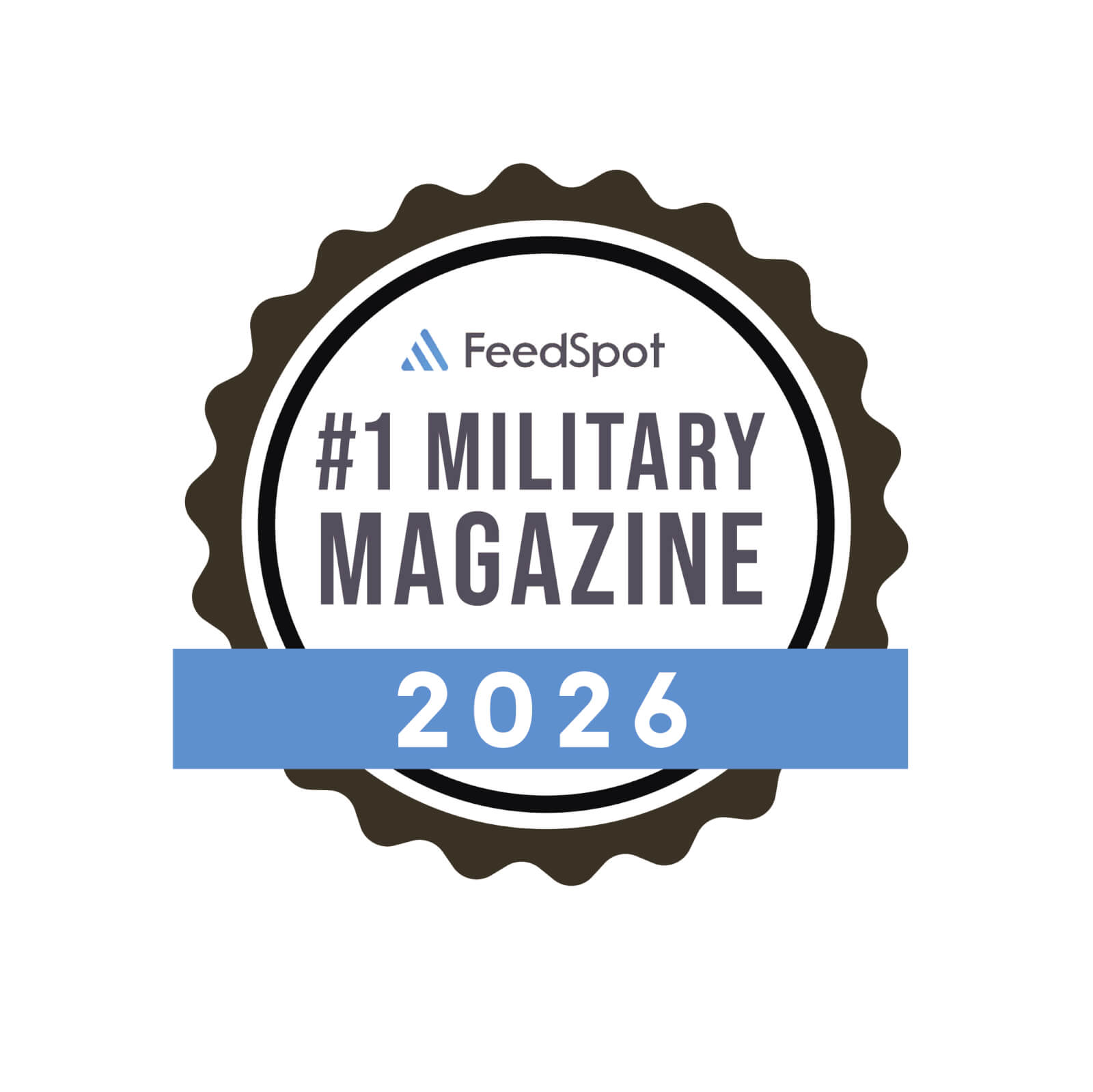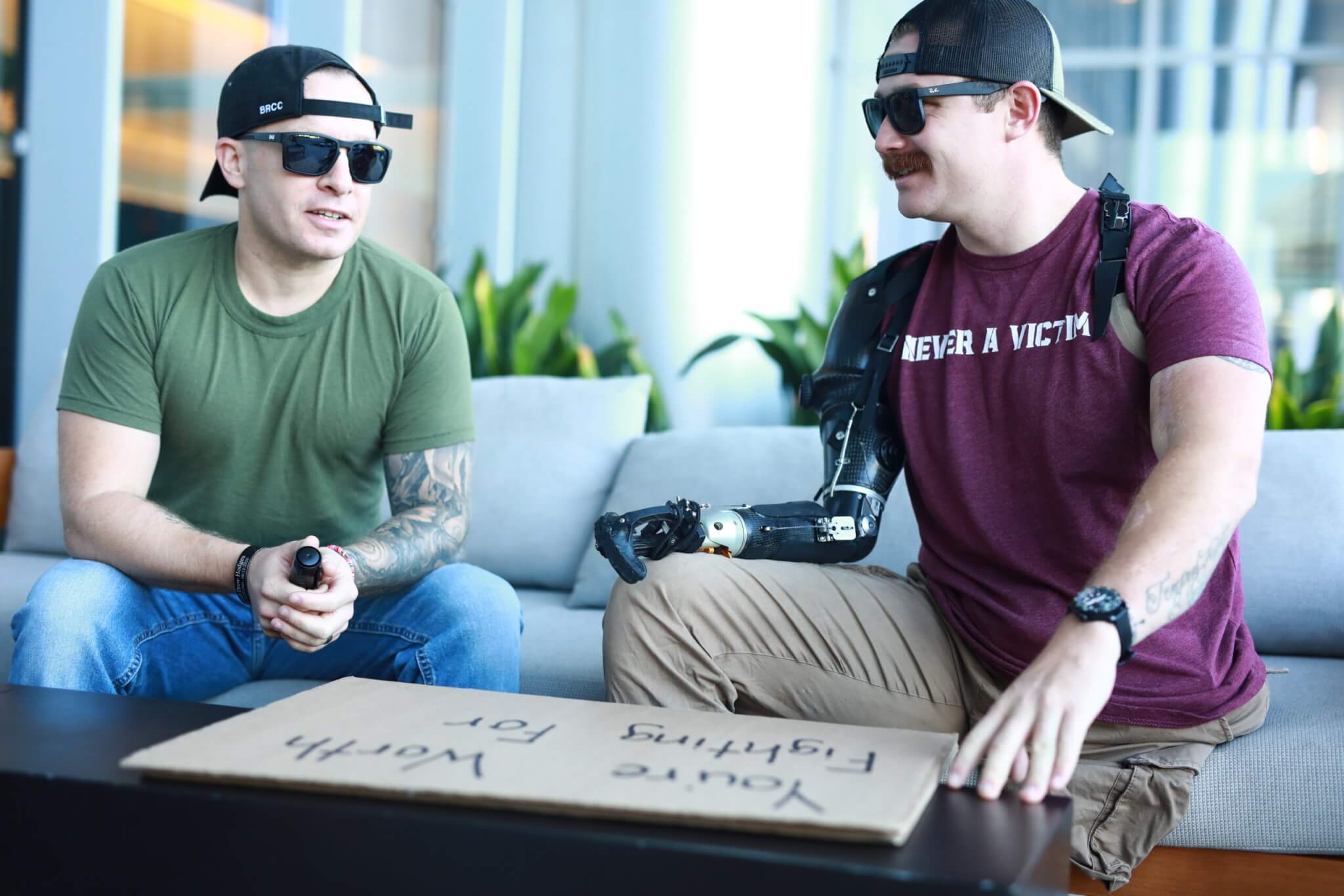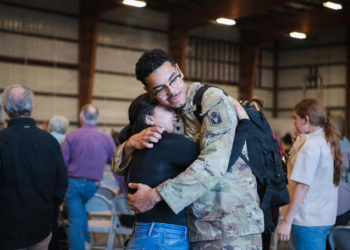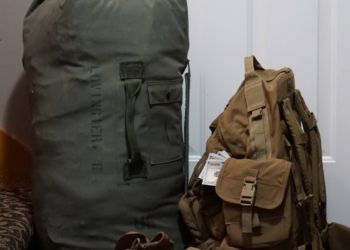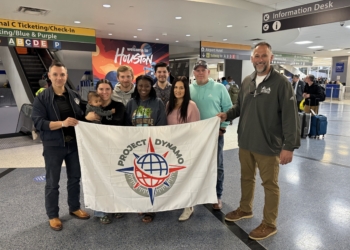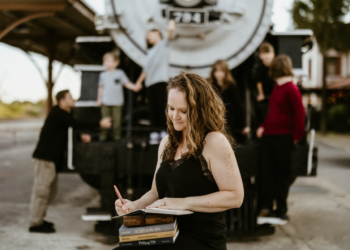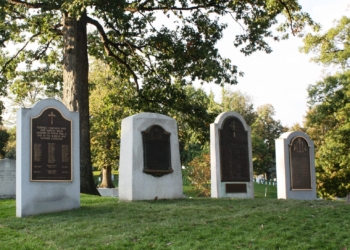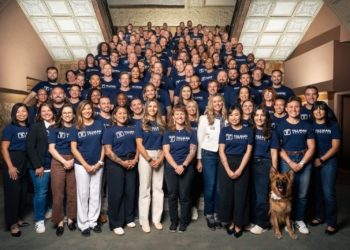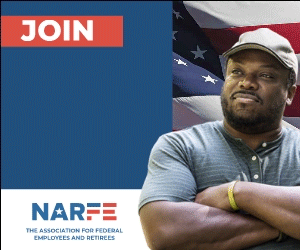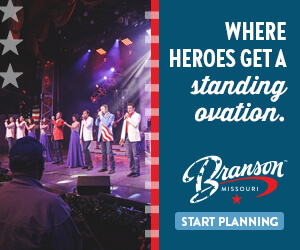When Zachary Bell turned 21, it wasn’t in a bar raising a toast with his friends but as a Marine infantryman in combat. Tyler Vargas-Andrews was blown up when he was just 23 years old, not far from where Bell was getting shot at in the same Afghanistan War more than a decade later.
They don’t really want your thanks for their service on Veterans Day.
Bell served four years in the Marine Corps, with two hard tours of combat in Afghanistan. After hijacking a reporter’s phone during his last deployment, he learned his second daughter had been born. It was then he knew he was done.
“Veteran With A Sign” was born during the pandemic; a mix of humor with a desire to create conversation around meaningful topics that led to a viral following for Bell in 2020. On Aug. 26, 2021, Bell watched in horror with the rest of the world as 13 service members and more than 170 Afghan civilians were murdered by an ISIS suicide bomber at Abbey Gate in Kabul, Afghanistan.
“This guy who had sent me intelligence videos in the past said he was connected to the wounded service members and mentioned Tyler [Vargas-Andrews] specifically. I just told him to let me know if I can help connect him to nonprofits or other organizations,” Bell said. “I knew I wanted to help guide him through the world that would be rapidly emerging around him.”
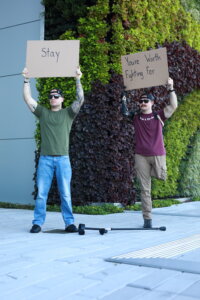
Vargas-Andrews was the last wounded American service member medevacked out of Afghanistan, ending 20 years of war.
“Zach [Bell] has been as much a friend to me as a mentor. We can talk about the politicians that came at me wanting something once I started healing at Walter Reed but there were also a lot of people from our military community too,” Vargas-Andrews shared.
Vargas-Andrews, a Marine Corps rifleman and sniper, was medically retired as a sergeant after sustaining catastrophic and life-threatening wounds. He lost his right arm and left leg in the blast and underwent 46 surgeries to save his life. He still lives with ball bearings and shrapnel inside his body, unable to be removed.
The two Marine veterans became fast friends, bonding over dark war humor and a heartfelt desire to help others.
“I quickly saw from my hospital bed the effect that social media has. I didn’t really pay much attention before because what I cared about was being a Marine and being good at my job,” Vargas-Andrews said. “But here I was barely able to move my fingers of the hand I had.”
Months later, he was moved from ICU to inpatient and got his phone back, he says, it was still “caked in blood from the blast. When the nurse peeled the case off, there was still some wet behind the phone. I refused to let her clean it off but instead allowed her to wipe the screen so I could see.”
It was filled with alerts, messages, hundreds of missed calls and emails. Though overwhelmed, he used his phone to post the first picture of himself on social media following the blast.
“I hate to say it, but I looked like a holocaust survivor. As much as I was terrified to do it, I knew I needed to do it to get over the hurdle of what I looked like now and accept it,” Vargas-Andrews said. “Outside of my job as a Marine, physical fitness was the most important thing to me, and it quite literally saved my life.”
He had another aim for his posts and it’s a mindset he carries with him today: never a victim.
RELATED: Marine veteran leans on leadership skills to build Crunch Fitness
“I’m a firm believer that weakness is a choice. I wanted my buddies to know I was good, and I knew they were going through a lot. Forty-five Americans were wounded and all my boys from my team and I watched almost 200 people get killed in an instant,” Vargas-Andrews explained. “Just f’ing gone, just like that with body parts everywhere. Afterwards people were going through it and there were kids [Marines] killing themselves in the barracks. I wanted to show them it was going to be OK and if I can make it, they can too.”
A year after healing through his injuries, he founded Flatline Hardgoods with veterans Jake Simmons and Bryan Edwards. On March 8, 2023 Vargas-Andrews testified before Congress on the Afghanistan withdrawal, describing it as a negligent failure. Months later, he gave his first in-depth interview on the “Shawn Ryan Show.”
Bell was adamant about setting goals and pursuing them with everything regardless of what you’ve been through, borrowing Vargas-Andrews’ motto of “never a victim.” He launched his podcast “After Action” in 2023, and in February 2024, he was a featured guest on “Jocko Podcast.”
As he looks toward the years and goals ahead, Bell touched on the suicide rates eclipsing deaths from combat as veterans grapple with the aftermath of war and his commitment to help stop it.
“I’m tired of burying my friends. I’ve lost more to suicide than I ever did in combat, and I refused to be complicit in it. That’s why I do what I do,” Bell shared. “It’s our responsibility to change the narrative. Nobody’s coming to do it for you.”
Bell, 37, and Vargas-Andrews, 26, said even though life looks different post-service, they refuse to allow “dark times” to define their futures or mindsets.
“It may seem hopeless but it’s not. Find that someone you can lean on or that purpose to keep you going,” Vargas-Andrews said. “The most valuable asset we have outside of time is people. In the military community, we may talk shit about each other from time to time but when things go down like Abbey Gate, we’re all united together regardless of differences. You’re never alone.”
Reflecting on America’s distancing and overall perception of the Global War on Terror, Vargas-Andrews said he wouldn’t change anything.
“What did I give my f’ing arm and leg for, if not something worthwhile? Lose my buddies at war? At the end of the day, I know I helped people. I saved children and gave families a chance they never would have had otherwise,” Vargas-Andrews said. “Of course, a lot of us veterans wanted to go kill bad guys who deserve it, but we choose to serve to help people.”
Bell was quick to echo that sentiment with a call to action.
“I’ve found the best version of myself in the service of others. It reconnects you to humanity and a sense of community. It doesn’t have to be radical,” Bell said. “Ultimately, when people say thank you for your service, I don’t really know how to respond. I want to be gracious, but the reality is it feels like a platitude. Both of us would rather see people serving in their own way and they don’t have to enlist to do it. Don’t wait for it, be the change you want to see.”
Read comments
